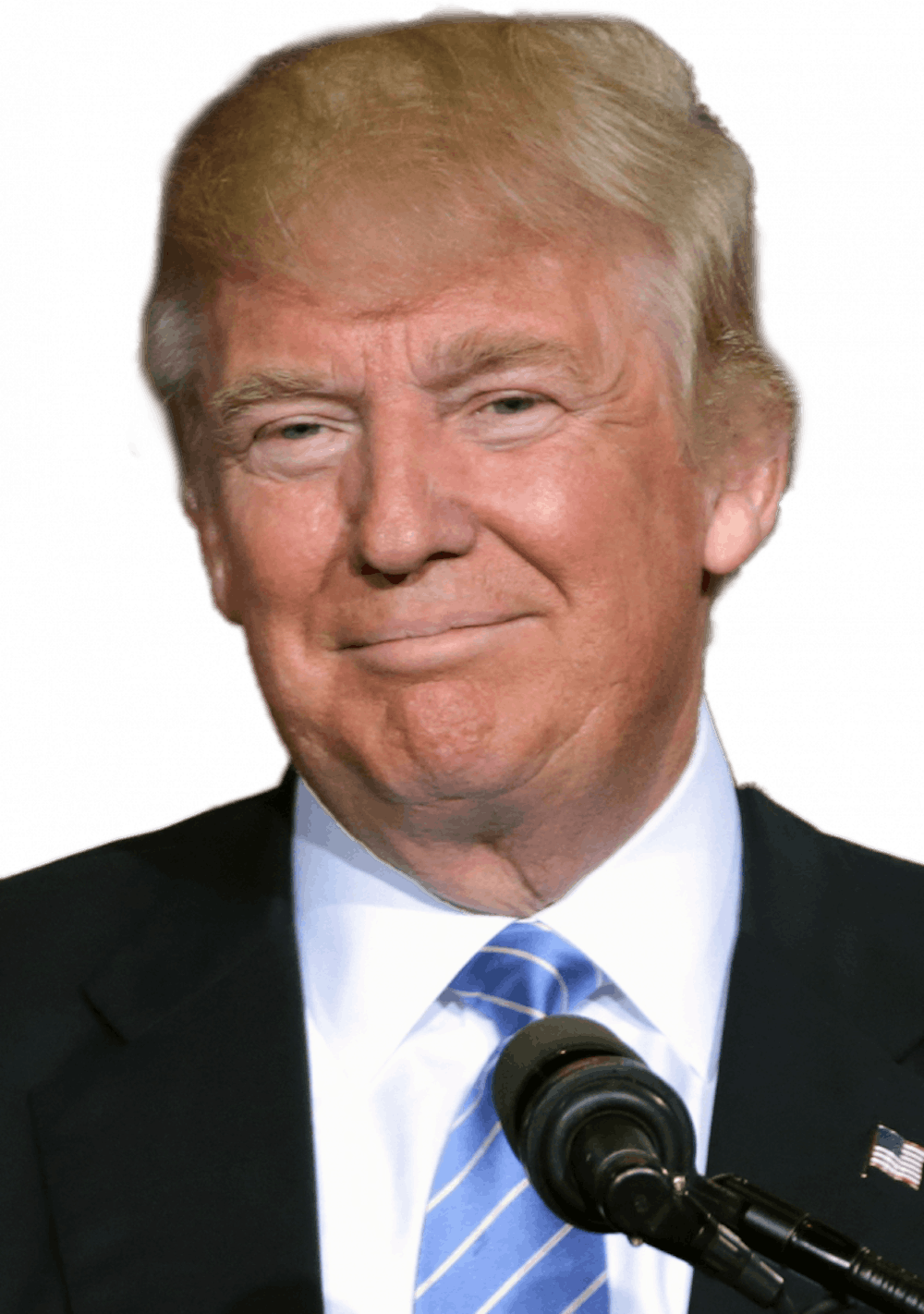
Many of Donald Trump’s supporters and defenders use his attacks on political correctness (PC) as a reason to view him as a champion in the struggle against PC-ism.
According to the Merriam-Webster’s Dictionary, political correctness is agreeing with the idea that people should be careful to not use language or behave in a way that could offend a particular group of people.
Trump’s war on PC culture did not impact the decision Alexandra Henderson, a senior art history major, made to vote for Trump.
“I think there are situations where people take being PC so far beyond where it should be and that it prevents open and productive conversation,” she said.
Zachariah Boyer, on the other hand, thinks that being politically correct in practice fosters an inclusive and accepting environment.
“We should strive in our spoken verbal language to not offend those around us,” Boyer said. “However, when individuals misspeak and use outdated or offensive terms, we should invite them in and talk about how those phrases have been used to demean or exert power over other people.”
Boyer, a senior political science major and president of the Unified Students Assembly, said that Trump should understand that use of what some would consider outdated, racist, xenophobic language won’t do him any favors when attempting to have conversations with global leaders of other cultures and races.
However, Ravi Shah, a junior political science and philosophy major, said that the political correctness movement has strayed away from its original intention to encourage positive conversations.
“Sometimes PC is too PC when these conversations are prevented rather than enabled,” Shah said.
Kiana Grant, a senior political science major, agreed that PC becomes too PC when it is used as censorship.
“For example, in the Orlando shooting Trump attacked Obama and Clinton for not using the words ‘radical Islam’ and accused them of putting PC over national security,” Grant said.
“Being politically correct doesn’t mean you can’t joke around or that your speech is policed,” Boyer said. “But it also doesn’t mean that we shouldn’t attempt to be considerate of those around us.”
Keaghlan Brady can be reached at keaghlan.brady@student.shu.edu.
Rebecca White can be reached at rebecca.white@student.shu.edu.





